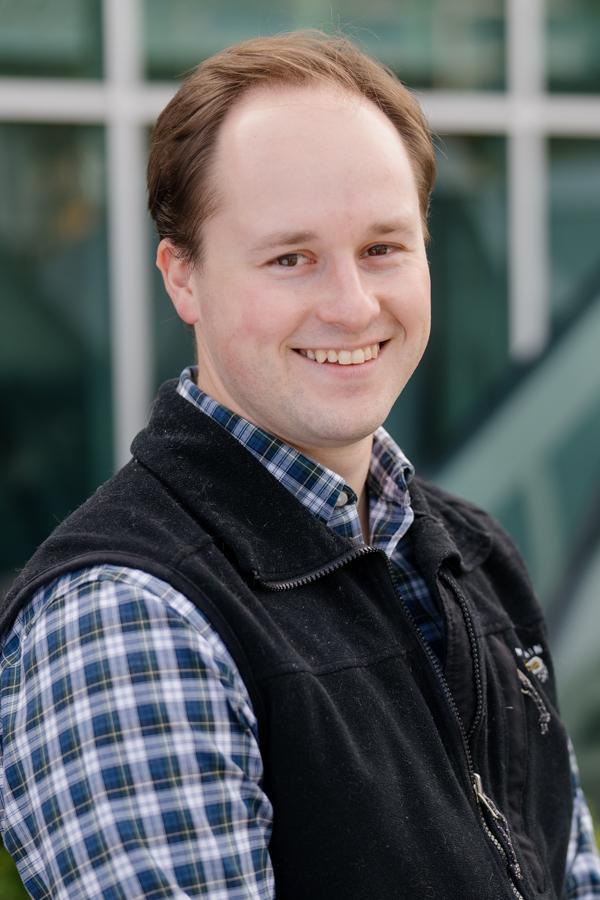Is theology’s practice and aim a practical one? Or is it a more purely speculative task? This is an originating question for thought, and one that has lineage in history. As such, Aristotle can state in his Metaphysics that philosophy is of “theoretical knowledge” where practical knowledge is aimed in “action.” 1 Aquinas, then, approaches the questions and settles ultimately that “theology is a speculative science,” despite its practical trappings. 2 Consensus on this issue, however, has not always been achieved. The Franciscan Summa Halensis, for example, argues for theology’s practical orientation towards affection and wisdom. 3 In the modern era, it could be said that theology has been divided into specialized tasks, with one being dogmatic and descriptive and the other being practical. 4 In more recent history, thinkers have often bemoaned the detached speculative character of theology. Claiming it has suffered a Babylonian captivity to the academy. 5 With others claiming that this era of theology will regain its practical character and shed itself of its detached reason. 6 But is the question itself a well-served one? Put more bluntly, should we remain asking this question?
I
Before we can approach an answer to this question, it might be helpful to assess where theology and the Church are in regards to this question—a state of the question. It seems to be, then, that theologian George Lindbeck’s division of theology into two spheres, one interested in dogma and the other in application, is very much a description of where theology has been. We might, perhaps, term it differently and say that it is a division between the academic and the pastoral. Thus one arena of theology is meant for abstract, speculative questions, while the other remains with its gaze on application and the practice and counsel of the faithful. Far more than a mere theologoumenon, then, this question about theology’s true nature has created a bifurcation within theology itself. It is, then, easy to agree with theologian Ellen Charry’s pronouncement of theology’s “academic captivity.” Certainly much of theology has been content to conduct itself with little care beyond the confines of the academic guild. 7 The dangers of which are readily apparent: an arid and highly abstract system of thought about God. A theology that is disinterested in the formative aspects of doctrine that lead people towards union with God. 8
Yet it might just be as easy to say, conversely, that theology remains in a captivity to the “practical.” That is, if theology has been divided into academic and pastoral confines, it is conceivable that people reside within both divides, largely untouched by the other. Indeed, this has been the reality before within American Evangelicalism. 9 Philosopher Slavoj Žižek finds this issue more broadly citing a “fine art of non-thinking” which proposes “wisdom instead of thinking proper—wisdom in the guise of one-liners intended to fascinate us with their fake depth.” 10 Indeed, Žižek sees this in “articulated propositions . . . providing instant spiritual satisfaction,” something he then calls “Word Art.” 11 Word Art then, for Žižek, presents itself as a “safe haven”—a place where “we are taught to maintain the inner peace of not-thinking.” 12 It seems to me that Žižek’s analysis speaks to something of an aspect of our spiritual state. A temptation to seek out simple techniques for living and easily-spoken wisdom that pacifies the uncertainties of life. 13
II
Thus far I have offered a very underdeveloped analysis of where theology resides in its current moment and its relationship to speculative and practical modes. 14 Yet, what I have attempted to do is to show something of an unhappy tension between what is practical and what is theoretical in Christian thought and life broadly that I find undeniable. We find ourselves either locked within an academic theology that we lament has no bearing on the life of the believer, or within—all too often at least—a pastoral context that quickly seeks easily-won wisdoms and techniques meant to make the world more palatable. 15 This is only possible, however, within an unresolved dialectical tension between the theoretical and the practical that has not yet realized both aspects of theology within their larger unity.
This is, I would argue, the unhappy consciousness that plagues the current practice of theology within both the academy and the daily life of the believer. 16 Part of the remedy to this condition, then, lies in remembering theology’s churchly location. Theologian Robert Jenson asserts that theology arises in the church’s internal and critical reflection upon its task of speaking the gospel. 17 Indeed, it is not that theology belongs to ecclesial institutions, as such, but to the church whose task it has been to speak of the God who has, again in Jenson’s words, “raised Jesus from the dead, having before raised Israel from Egypt.” 18 This also reveals another curative aspect of theology’s task: it is meant to be a contemplative searching and thinking about just who is the God that originated the Church, that gathers the community of people so called to speak and be moved by just such a gospel. Just so, theology reveals itself to be at once practical and pastoral in its character of being oriented towards reflection on the speaking of the gospel and its implication towards holy union with God. And yet, this practice reveals itself to be no naive and innocent practice, but is a task performed by setting the mind “upon things above.” 19 Reflection on God’s revelation, on knowledge of God, is one that demands serious contemplative effort as such. One that will require the purgation of all false idols of knowing, a “renewing of our minds.” 20 Any description of theology that does not seek this mystical knowledge of, and union with, God will ultimately prove to be deeply impractical. 21
III
Theology, then, it would seem to me, is neither a practical nor a speculative discipline. Instead, we might say that the speculative and the practical exist merely as logical moments within theological thought-life. Each logical moment might be just as likely to spring from the other and might just lead towards the other. That is, what might immediately seem as a practical issue dealing with the immediacy of life might, in turn, lead us towards a deep study of scripture, towards a careful seeking of God’s character within the text, and only then towards a reevaluation of current practice and action (Col 3:2). 22 In just this same sense, however, our speculation on the person of Christ and his nature might lead us towards a radical practice of self-divestment for the sake of our neighbour as a form of creating space for the Spirit to dwell. Even in the given examples, the speculative and the practical exist only as isolatable moments of the gospel’s great logic. To remain in any which mode, or to enshrine it as a pure mode of theology apart from other modes, is to invite the spectator of an unhappy consciousness into theology. One that rebels against its unity and source in God’s coming to dwell on earth and towards being all in all.

